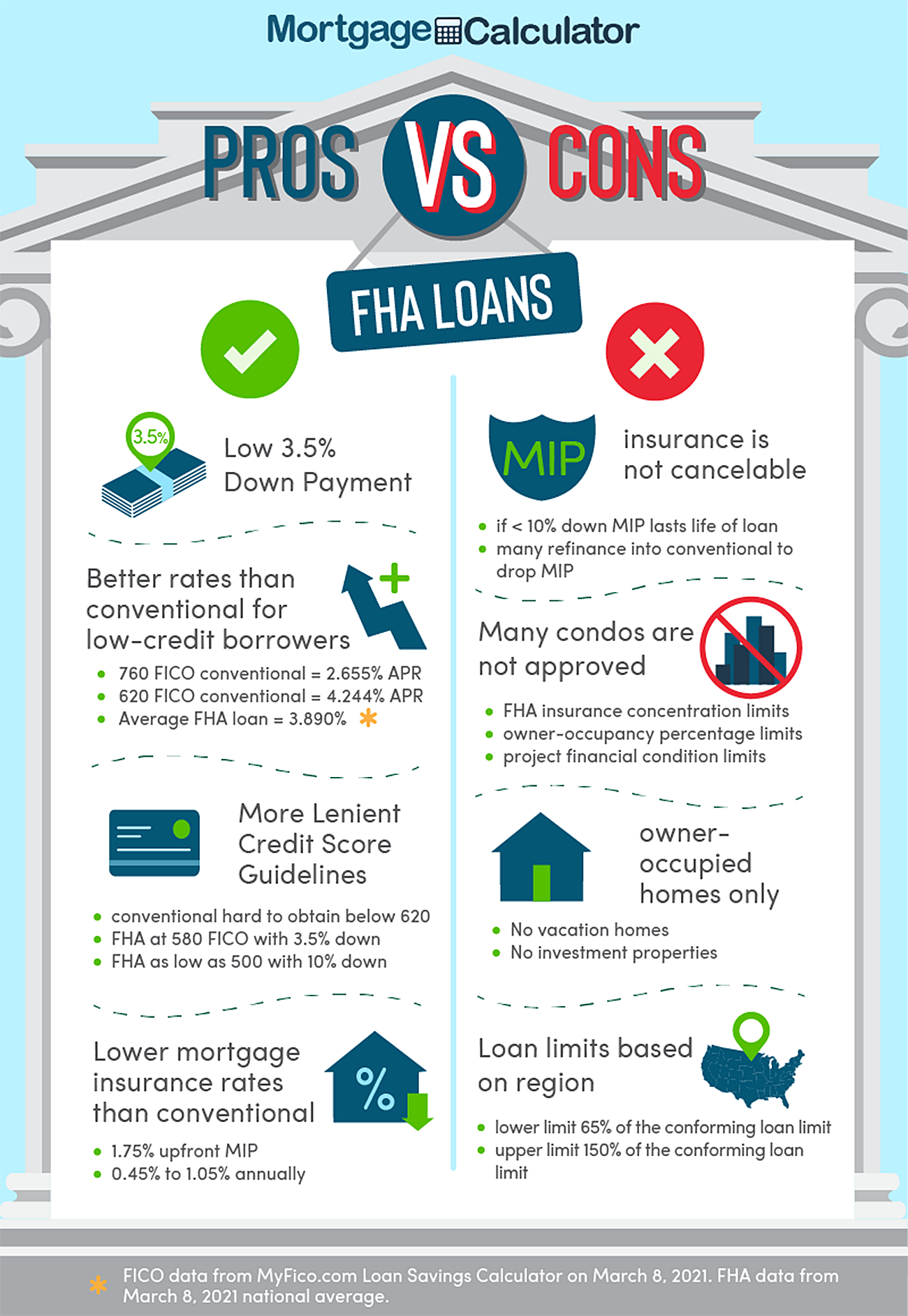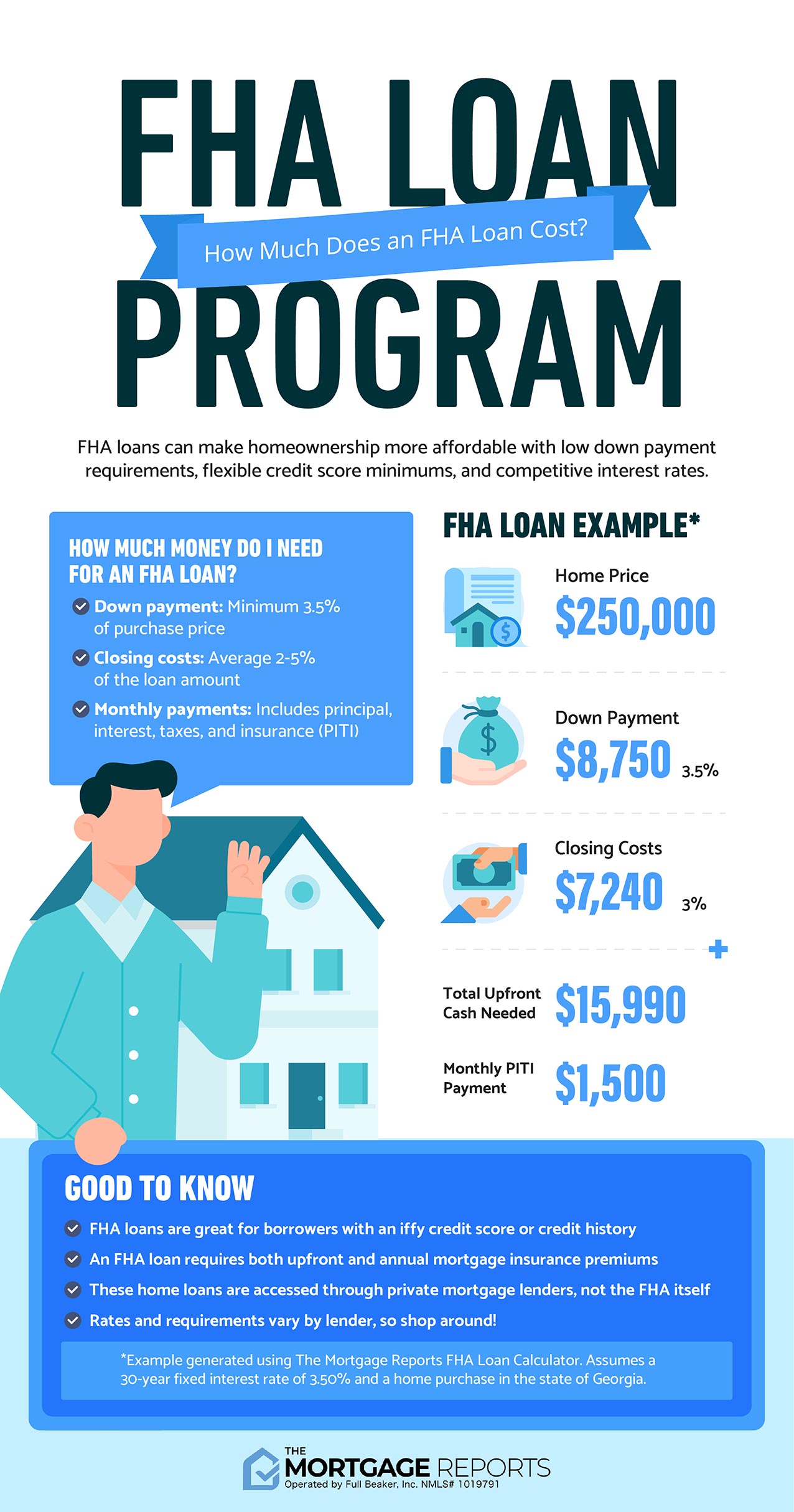Check Out FHA Home Loans: Perfect for Low and Moderate-Income Consumers
Check Out FHA Home Loans: Perfect for Low and Moderate-Income Consumers
Blog Article
Mortgage Demystified: A Detailed Assessment of Car Loan Programs Tailored to Fit Your Economic Situation and Goals
Navigating the landscape of mortgage frequently offers an overwhelming obstacle, intensified by a myriad of programs made to satisfy diverse economic requirements. Recognizing the distinctions in between fixed-rate and adjustable-rate home loans, as well as government-backed alternatives like FHA and VA financings, is crucial for making educated decisions. Each program provides distinct benefits customized to details situations, yet the complexity of qualification demands and rate of interest can obscure clarity. As we discover these ins and outs, one should think about exactly how to line up these choices with individual financial objectives to unlock one of the most useful path to homeownership.
Comprehending Home Mortgage Basics
Although lots of people desire homeownership, understanding the essentials of mortgage is critical to making educated financial decisions. A home mortgage, likewise called a home loan, is an economic item that permits people to borrow money to buy realty. The consumer is called for to pay back the car loan amount, along with passion, over a set period, commonly varying from 15 to three decades.
Secret components of home mortgage include the principal, which is the amount borrowed, and the rate of interest, which identifies the cost of loaning. Lenders assess different variables, such as credit score debt-to-income, rating, and revenue ratio, to determine eligibility and car loan terms. In addition, consumers should understand the relevance of deposits, which can affect lending authorization and influence month-to-month repayments.
Understanding loan amortization is likewise crucial; this describes the steady reduction of the finance equilibrium with time via routine settlements. By realizing these fundamental ideas, possible house owners can browse the home loan landscape a lot more successfully, ultimately causing much better financial outcomes and an even more successful home-buying experience.
Kinds Of Home Loan
Mortgage lendings can mostly be classified into fixed-rate and adjustable-rate home mortgages (ARMs) Fixed-rate home loans supply a consistent passion rate and month-to-month repayment over the loan's term, supplying security, commonly for 15 to 30 years.
Conversely, ARMs have rate of interest prices that fluctuate based on market problems, typically starting less than fixed-rate options. Nevertheless, these rates can change regularly, possibly increasing monthly settlements over time. Debtors that expect re-financing or moving prior to significant rate changes might find ARMs useful.
In addition, government-backed fundings, such as FHA, VA, and USDA fundings, cater to particular demographics and use different advantages like reduced down repayments and adaptable credit score needs. Standard loans, not insured by the federal government, often require greater credit history but can provide competitive prices for solvent debtors - FHA home loans. Comprehending these loan kinds makes it possible for prospective house owners to choose the home loan that aligns ideal with their economic situation and long-term objectives
Key Qualification Demands
Navigating the qualification needs for a home mortgage funding is a critical action in the home-buying process. Understanding these needs can substantially enhance your application and enhance your opportunities of authorization.
The main factors affecting qualification include credit rating, income security, debt-to-income (DTI) ratio, work history, and down payment quantity. Many lending institutions call for a minimum credit history of 620 for conventional loans, while government-backed loans might have more tolerant criteria. A steady income, showed through regular employment or self-employment documents, is important for lending institutions to examine your ability to pay off the funding.
The DTI proportion, which compares your month-to-month debt repayments to your gross month-to-month income, typically must not go beyond 43%, though some lenders might allow greater proportions in certain scenarios. Additionally, the dimension of your deposit can impact qualification; while a larger deposit may improve your chances, specific programs use alternatives for minimal down payments.
Last but not least, loan providers will certainly examine your general monetary account, including available properties and liabilities, to ensure you are monetarily qualified of preserving homeownership. Acquainting on your own with these crucial qualification needs will empower you in the mortgage application journey.

Rates Of Interest Clarified
Recognizing the ins and outs of rates of interest is fundamental to making educated decisions in the mortgage procedure. Rate of interest represent the expense of borrowing cash and are expressed as a percentage of the finance amount. right here They can considerably impact your regular monthly home loan payments and the general price of your home finance.
Rates of interest can be classified into dealt with and adjustable prices. Repaired prices stay consistent throughout the funding term, providing predictability in regular monthly payments. Alternatively, adjustable rates rise and fall based on market conditions, which can bring about lower first payments yet might boost in time.
Numerous elements affect rate of interest, consisting of the consumer's credit rating, financing term, and prevailing financial problems. Lenders examine these factors to determine the threat linked with lending to a specific debtor. Usually, a higher credit report can result in lower rates of interest, while longer funding terms might cause greater prices.
In addition, wider financial indications, such as rising cost of living and financial plan, play a critical function fit rate of interest rates. Comprehending these aspects enables consumers to far better browse the borrowing landscape and pick alternatives that straighten with their economic objectives.
Picking the Right Financing Program
Picking the suitable loan program is critical for customers intending to maximize their financing choices. With different finance kinds readily available, consisting of fixed-rate, adjustable-rate, FHA, and VA car loans, understanding the nuances of each can substantially impact lasting economic health.
Debtors ought to first examine their economic scenario, including credit rating ratings, revenue security, and debt-to-income proportions (FHA home loans). A fixed-rate mortgage uses predictability with consistent month-to-month payments, ideal for those planning to remain in their homes lasting. On the various other hand, variable-rate mortgages may offer lower first prices, appealing to purchasers who expect moving within a couple of years
In addition, government-backed fundings such as FHA and VA choices can be valuable for first-time homebuyers or veterans, as they often require lower down settlements and have extra lenient credit rating requirements.

Final Thought
In conclusion, navigating the intricacies of home mortgage calls for a complete understanding of various home loan programs and their one-of-a-kind features. By examining specific financial situations and objectives, possible customers can make educated decisions concerning one of the most ideal lending choices. my link Involving with a home loan consultant can better facilitate this process, making certain placement between personal situations and offered financing programs. Ultimately, educated selections in home funding can lead to enhanced financial stability and lasting satisfaction.
Fixed-rate home loans supply a constant interest rate and monthly repayment over the funding's term, giving stability, often for 15 to 30 years.Furthermore, government-backed lendings, such as FHA, VA, and USDA fundings, cater to particular demographics and use different benefits like reduced down payments and versatile credit score demands. Many lending you can check here institutions need a minimum credit scores score of 620 for conventional lendings, while government-backed finances might have more lenient requirements. Repaired prices remain constant throughout the funding term, offering predictability in monthly settlements. Generally, a higher credit rating can lead to reduced rate of interest rates, while longer car loan terms may result in higher rates.
Report this page